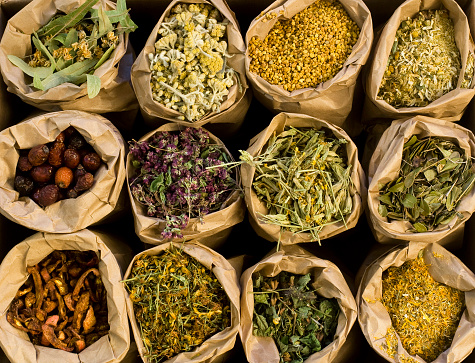



Article by: Hari Yellina
In an inner-city Melbourne neighbourhood called Flemington, Charlotte Freeman was in the aisle of a fruit and vegetable store when she encountered the unimaginable. $11 for a bunch of coriander. Bob Galwey travelled around 3,000 kilometres north and headed into Darwin’s shops to get some mint and parsley. But due to the exorbitant prices, he was forced to make some difficult choices. Because I could get 500g of organic beef for $11 and $14 worth of herbs, he claimed, “I only got mint because it felt too strange to spend $14 on herbs.” With three big floods within months, New South Wales’ record rainfall has led to severe supply shortages for popular herb kinds throughout Australia.
The price of several herbs has increased as a result of flooding, cold weather, and rain that have plagued market gardens in Queensland and NSW for weeks, according to Shaun Lindhe, national communications manager at AusVeg. According to him, “it’s the same problems we’re seeing with other veggies, [and] there are still problems with higher production costs hitting growers in general.” “Costs for producers will still be fairly expensive even as availability improves with lower pricing. Herbs are difficult and expensive to grow commercially. Prices should decrease, according to Lindhe, as other growing regions “kicked into gear” in the spring. A Coles representative stated that although the retail operator had not raised prices, supplies of the majority of the herbs it carried had decreased recently.
“We are seeing an impact to fresh herb availability along the east coast across most lines, including tarragon, lemon thyme, sage, oregano, parsley, coriander, mint, chives and basil,” they told Guardian Australia. “This is due to recent flooding and unseasonably cold weather in our growing regions.” A limited quantity of herbs was anticipated to be available through August, Woolworths cautioned in a supply update issued at the end of June. According to a spokeswoman, the grocer anticipated that the herb problem will soon pass. After a protracted period of bad growing circumstances, “we’re working closely with our growers and expect the supply of herbs to start improving.”
The Little Veggie Patch, which includes an online seed sale, nursery, and collection of books on gardening, was co-founded by Mat Pember. Despite working in the sector, he claimed to have been “quite astonished” by store costs for common herb kinds. “I went to the grocery store and it was $4.30 for a small sprig since my basil and coriander had finally gone to seed,” he added. “Even though it’s generally a quiet period of the year… I’ve seen more interest in [our products], especially leafy greens,” Pember added. “We were stranded in our homes during Covid; thus, the first drive was necessary… However, the hip pocket and the fact that things are so expensive right now are the biggest motivators. Pember expressed his belief that one advantage of tight finances was a “more long-term commitment” to produce and gardening. People are once again turning inside, he claimed. “In light of the food shortages we’ve experienced, we’re taking the supply into more serious consideration.”